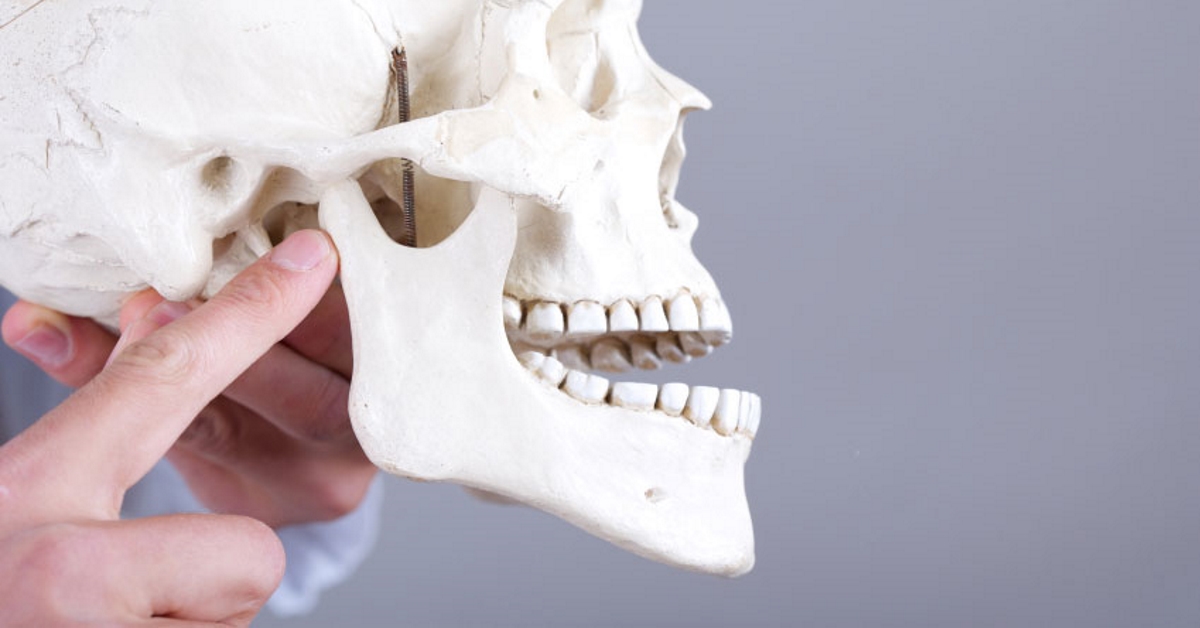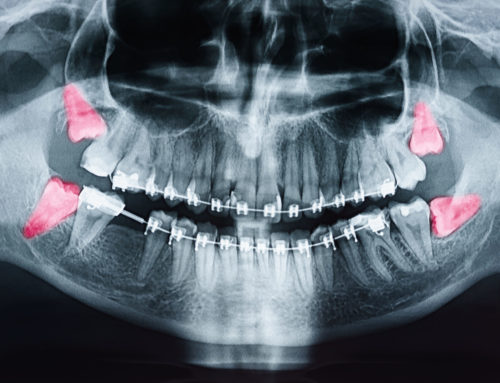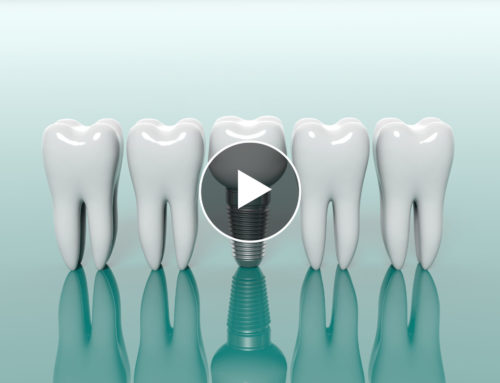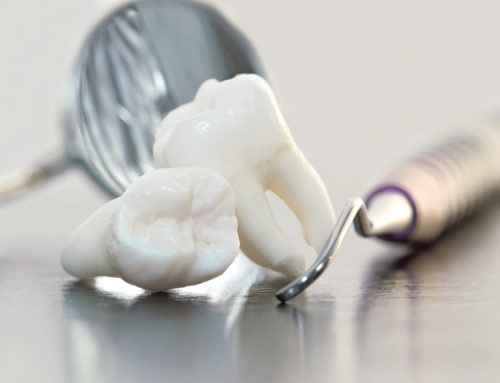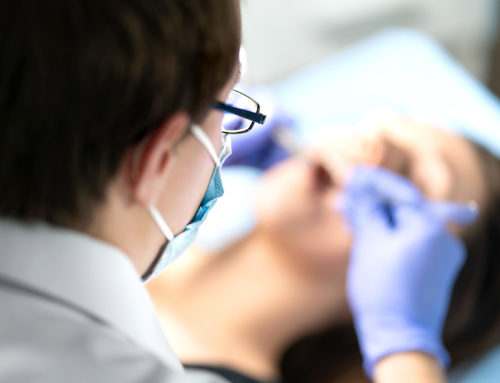If you’re experiencing facial swelling, restricted jaw movement, and severe pain, you could have a dislocated jaw. However, it isn’t always easy to tell, which is why you need to see a dental physician as soon as possible. This is a common issue for people who have been in an accident or experienced facial trauma.
Fortunately, OMSH can provide an accurate diagnosis and appropriate treatment options – regardless of what type of jaw condition you have.
Is There a Difference Between a Broken Jaw and a Dislocated Jaw?
Yes! In fact, a broken jaw can have misalignment, but a misalignment may not necessarily be due to a jaw fracture. Common symptoms of both a dislocated and broken jaw include:
- Pain in the jaw or face
- Jaw stiffness
- Swelling
- Difficulty moving the jaw
Each condition is not limited to those four symptoms, though. Here’s how to tell them apart.
- Broken Jaw: Pain when moving the jaw, bruising, loose/dislodged teeth, facial numbness, sideways movement of the jaw upon opening
- Dislocated Jaw: Misalignment between the upper and lower jaws, unable to close the mouth, and an under or overbite
What Causes a Dislocated Jaw?
Besides traumatic injury, simply opening the mouth too wide can lead to dislocation, which can happen while:
-
- Vomiting
- Yawning
- Biting
You can even dislocate your jaw during a dental procedure.
How Jaw Dislocation and Misalignment Differ
Another painful jaw condition with symptoms similar to jaw dislocation is jaw misalignment. While dislocation occurs from trauma or opening too wide, misalignment is typically caused by anatomy.
The muscles of the head and neck become strained if the teeth and jaws don’t line up properly during development. The result is pain, swelling, lockjaw, and discomfort while chewing.
Treatment Options for a Broken, Dislocated, or Misaligned Jaw
Whatever jaw condition you have, our professional team at OMSH has the experience to treat any condition. After a careful examination, we’ll discuss your unique situation and recommend only the best treatment options.
Broken Jaw Treatment
A mild fracture doesn’t require surgical treatment. It simply needs time to heal on its own. Your surgical team, however, will recommend/prescribe pain medications and a soft diet.
On the other hand, severe fractures require immediate surgical treatment. Depending on the severity, a procedure may require metal plates and wires to help keep the jaw in place during healing.
Dislocated Jaw Treatment
Also, for a dislocated jaw, it will require immediate treatment. Your oral surgeon will manually reposition the jaw. You may also need to wear a Barton bandage around your head for added stability.
In some cases, an oral maxillofacial surgeon will recommend surgery. This is particularly the case for patients who have repeated dislocations. Your surgeon can reduce the size of jaw ligaments as a solution for keeping the jaw in place. This also helps prevent future dislocation.
Misaligned Jaw Treatment
A misaligned jaw can be treated with surgical realignment, orthodontics, or tooth extractions.
OMSH Can Help You Find Relief from Dislocated Jaw Pain
Patients remain confident and assured of our extensive training and year of professional experience. In fact, this is how most patients benefit from keeping happy healthy smiles. We will accurately diagnose your jaw condition and provide a treatment plan that fits your exact needs. Whether you need jaw surgery or an alternative treatment, we’re here to help.
If you’re in the greater Houston area, give us a call at 713-804-6055 for information, or to schedule an appointment.

